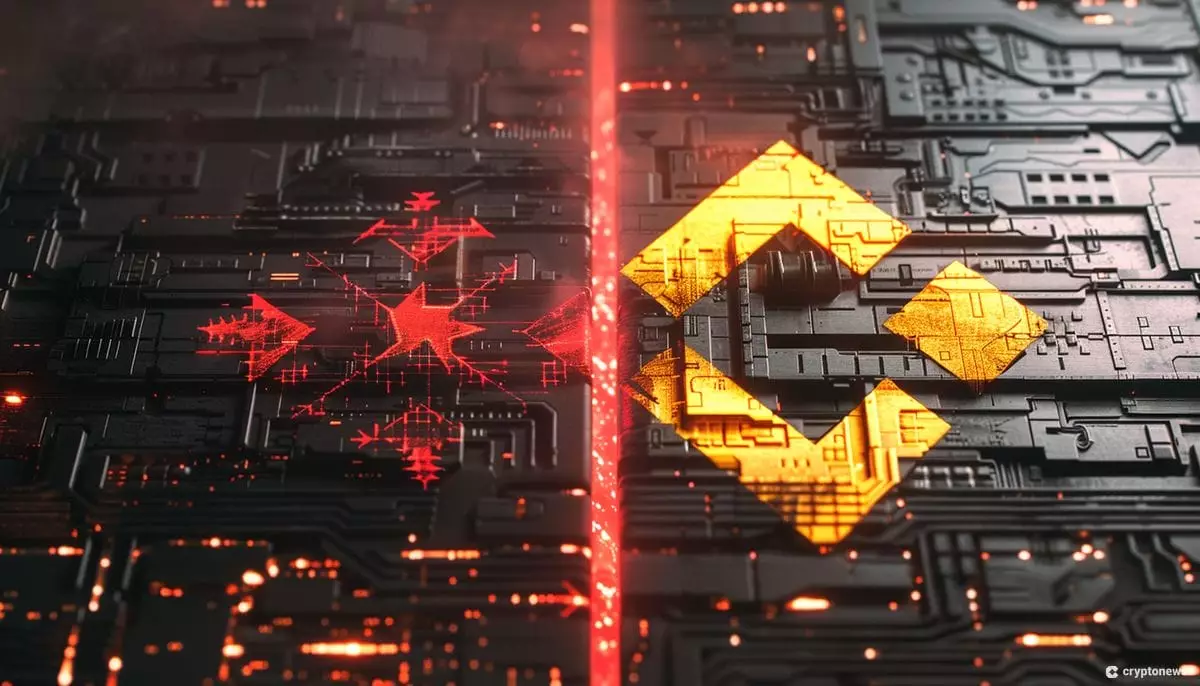On April 4, Binance made the decision to suspend Bitcoin Ordinals trades and deposits, sending shockwaves through the cryptocurrency community. The exchange advised holders of Bitcoin-based non-fungible tokens (NFTs) to withdraw their assets from the platform’s NFT marketplace by May 18, 2024. The reason behind this abrupt suspension was not disclosed, with Binance citing a need to “streamline product offerings” on its marketplace. Additionally, Binance announced that its NFT marketplace would no longer offer airdrops, utilities, and benefits related to Bitcoin NFTs after April 10, 2024.
The news of Binance’s decision has elicited surprise and concern among community members, especially considering that Bitcoin Ordinals were only introduced on the platform in 2023. This move comes at a time when interest and trading activities in the overall NFT market, including Bitcoin-based NFTs, are at multi-year lows. Data from non-fungible.com and Statista indicate a significant decline in NFT sales, signaling a shift in market sentiment.
However, while Binance is stepping back from Bitcoin Ordinals, OKX has taken a different approach by announcing support for four new inscription standards. OKX believes that Bitcoin Ordinals will continue to play a pivotal role in 2024, despite the challenges faced by the NFT market as a whole. This divergence in strategy highlights the varying perspectives within the cryptocurrency industry regarding the future of NFTs and blockchain technology.
Concerns Over Bitcoin Network Security
One of the key concerns raised by industry experts is the impact of Bitcoin Ordinals on the security and scalability of the Bitcoin network. Luke Dashjr, a prominent Bitcoin Core developer, highlighted on December 6, 2023, that Bitcoin NFTs have caused network congestion, increased fees, and exposed vulnerabilities in the blockchain. The influx of inscriptions on the Bitcoin network has led to slow transaction processing and high transaction fees, posing challenges for users and developers alike.
Dune Analytics data reflects the scale of this issue, with over 64.17 million inscriptions recorded on the Bitcoin network, generating more than $430.7 million in transaction fees. The rise of Bitcoin Ordinals has ignited a debate within the community about the integration of NFTs and BRC-20 tokens on the Bitcoin network. Some argue that the network’s primary function as a peer-to-peer financial system is being compromised by the influx of inscriptions, echoing concerns seen on the Ethereum blockchain.
As the cryptocurrency industry grapples with the implications of Binance’s decision and the challenges posed by Bitcoin Ordinals, the future of NFTs on the Bitcoin network remains uncertain. While some view Bitcoin Ordinals as a source of innovation and decentralization within the network, others caution against the proliferation of inscriptions and their impact on network security and transaction processing.
Ultimately, the decision to suspend Bitcoin Ordinals on Binance underscores the evolving nature of the cryptocurrency market and the need for continuous adaptation and regulation to ensure the long-term sustainability of blockchain technologies. As investors and developers navigate these changes, the debate over the role of NFTs on the Bitcoin network will continue to shape the future of digital assets and decentralized finance.


















